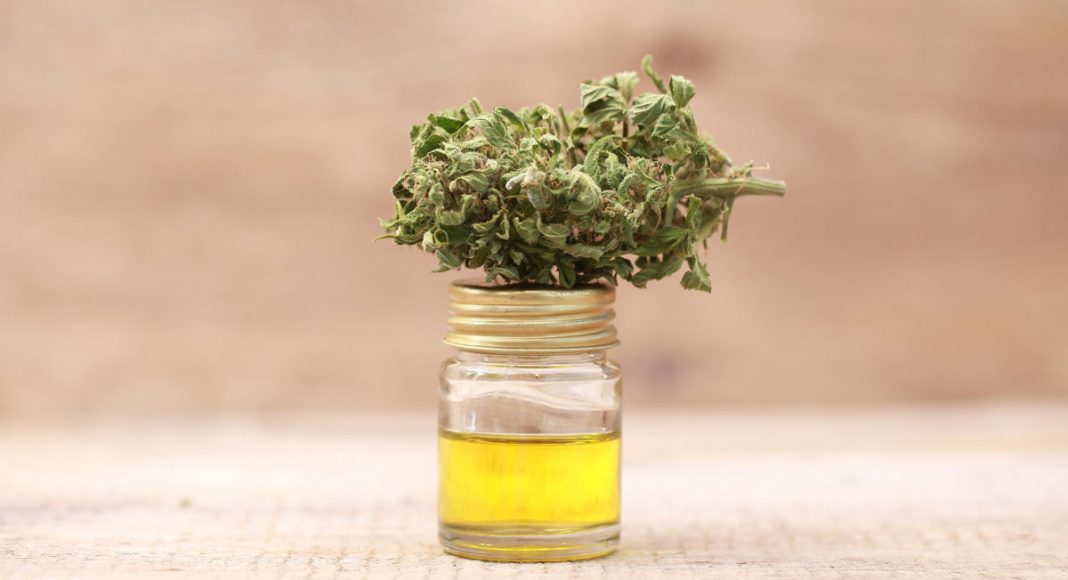If you were hoping for some clarity as to the legality of industrial hemp and cannabidiol (CBD) derived from industrial hemp, I have some (mostly) bad news.
Last week, the US Court of Appeals for the Ninth Circuit denied a lawsuit challenging the Drug Enforcement Administration’s (DEA) controversial Marihuana Extracts Rule. In Hemp Industries Assoc. v. DEA, the petitioners and other industry groups challenged the DEA’s rule creating a new drug code number for “”Marihuana Extracts” which is defined to include any extract “containing one or more cannabinoids that has been derived from any plant of the genus Cannabis.” This rule is so broadly drafted that it seems to prohibit extracts from parts of the cannabis plant that are legal or at least unregulated under federal law. Petitioners requested the Court clarify or strike down the DEA’s land-grab rule.
The Court denied both requests. Rather than diving into the substance of the petitioners’ complaint, the Court dismissed the action on largely procedural grounds, as we recently predicted it would. First, the court pointed to the fact that the petitioners failed to make an argument to the DEA while it was accepting comments on the Marihuana Extract Rule and are therefore barred from raising those issues before the Court. The petitioners claimed that another commenter raised their concerns by submitting a question as to whether the rule would cover “100% pure Cannabidiol by itself with nothing else?” But the Court determined the DEA considered this comment and altered the rule to clarify that it covered all cannabinoids. The Court also determined that several of the petitioners’ other arguments were waived for failure to raise the issue during the DEA’s notice and comment period.
-
Related Story: Cannabis Education Moves From ‘Don’t’ To ‘Delay’
The Court did determine that the petitioners’ argument that the Marihuana Extract Rule conflicted with 7606 of the 2014 US Farm Bill (the “Farm Bill”) was not waived, because Congress passed that law after the notice and comment period ended. The Farm Bill allows states to grow “Industrial Hemp” defined as having less than 0.3% THC on a dry weight basis in states that have implement agricultural pilot hemp programs. However, the Court determined that the argument failed on the merits. The Court found that the Farm Bill “contemplates potential conflict between the Controlled Substances Act [CSA] and preempts it. The Final Rule therefore, does not violate the [Farm Bill].” To the positive, the Court is stating that when the Industrial Hemp portions of the Farm Bill conflict with the CSA, the Farm Bill prevails.
This decision makes it clear that the Marihuana Extract Rule is unfortunately still valid, meaning that any products extracted from marijuana is still illegal under federal law, which has long been the case according to the DEA. The great unknown is how this ruling will be interpreted. It’s possible that the ruling could have a chilling effect on the growing CBD industry, by emboldening the DEA to actively pursue products that contain CBD. On this point, it’s important to note that Congress has limited the DEA’s ability to use federal funds “to prohibit the transportation, processing, sale, or use of industrial hemp” grown in accordance with the 2014 Farm Bill. However, it can be difficult to prove where a product containing CBD was derived and the DEA may try to push its boundaries in light of the decision. Therefore, it’s important that companies who are distributing CBD verify that it was derived from a legal source and are prepared to prove it.
State law enforcement agencies could also interpret this decision to crack down on CBD, especially in states that have not implemented Farm Bill hemp programs. These agencies are not limited by the budget provision that restricts the DEA enforcement activities. Although we have not heard any instances of state law enforcement cracking down on these sales, it is certainly possible that some will do so.
-
Related Story: Lawmaker Sells Legal Hemp On US Senate Floor
The Ninth Circuit could have used this as an opportunity to state explicitly that CBD derived from a legal source is also legal. Unfortunately, it did not. Because the Court did explicitly state that the Farm Bill preempts the CSA, though, the silver lining here is that Industrial Hemp, grown pursuant to the Farm Bill, is not illegal under the CSA according to the Ninth Circuit. In addition, shortly after the HIA filed its petition, the DEA made the following helpful clarifications:
- The “marihuana extract” definition does not include materials or products excluded from the definition of marijuana set forth in the CSA.
- The rule includes only those extracts that fall within the CSA definition of marijuana.
- If a product consists solely of parts of the cannabis plant excluded from the CSA definition of marijuana, such product is not considered “marihuana” or a “marihuana extract.”
Consistent with the Court’s ruling, this appears to exempt extracts that are derived from lawfully grown Industrial Hemp. It also exempts extracts derived from portions of the cannabis plant that are not included in the CSA’s definition of “marihuana,” which include the mature stalks and seeds incapable of germination.
All in all, this convoluted mess of marijuana, hemp, and CBD law could soon become much clearer if Mitch McConnell’s Hemp Farming Act of 2018 is passed. Stay tuned for more information on the ongoing saga of legal hemp and its derivatives.
Daniel Shortt is an attorney at Harris Bricken, a law firm with lawyers in Seattle, Portland, Los Angeles, San Francisco, Barcelona, and Beijing. This story was originally published on the Canna Law Blog.


